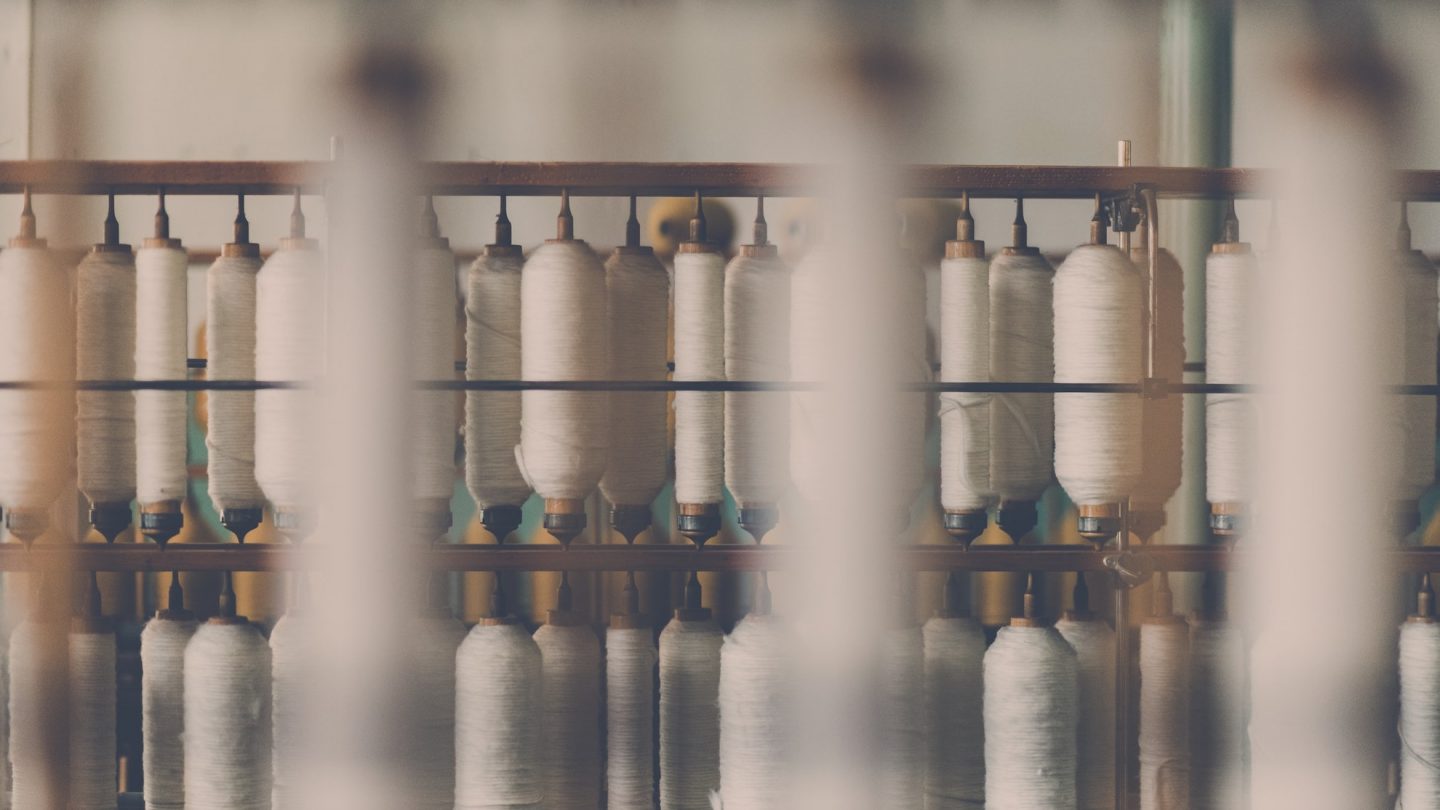Supply chains are complex and challenging to assess. This is an ongoing ESG issue that investors and corporates are focused on to ensure that values of the company are aligned for all stakeholders. This includes employees in companies throughout their supply chain.
The Commonwealth Modern Slavery Act (2018) recently came into force here in Australia. Every company is at risk of exposure to modern slavery in some form, particularly in the levels of supply chain furthest from the company. This social issue is one of many environmental, social and governance (ESG) risks that we, as a responsible investor, remain focused on in order to ensure that the companies we invest in are aligned with our values and those of all other stakeholders. At Ellerston we invest in companies that are committed to strong supply chain management (PVH Corp) and those who provide solutions for supply chain management (Bureau Veritas).
PVH Corp, an apparel company, most famously known for brands including Calvin Klein and Tommy Hilfiger have a key headline target to:
“Improve 1M+ lives across our value chain.”
The recent move by the EU, US, UK and Canada to impose sanctions on Chinese officials for alleged human rights abuses in Xinjiang, China has lead multinationals including H&M and Nike to reassess their supply chains, specifically relating to cotton sourced from Xinjiang. Xinjiang is located north-west of China and is home to predominately Muslim Chinese, a minority ethnic group called Uyghurs. China has always denied any violation of human rights to the Uyghur people. Better Cotton Initiative (BCI), a global not-for-profit organisation and the leader in the largest cotton sustainability programme in the world announced in 2020 that it would no longer source cotton from Xinjiang on the basis of concerns over forced labour.
PVH has positioned itself as an industry leader in the recognition of human rights in their supply chain stating that: “Human rights assessments are part of our supplier onboarding policy. We do not begin working with a supplier unless they have been assessed in line with labor/human rights criteria”
Xinjiang had been identified by PVH as a place where there would be: “no sourcing, [and] all other business needs approval” alongside Dandong in China and 27 other countries.
In 2018, PVH sourced 35% of their total cotton as Better Cotton and in 2019 they estimated that increased to 49%. Aside from labour issues, PVH is also focused on the treatment of animals noting that “PVH does not allow down and/or feathers from birds that have been live plucked or force fed.”2

With $9.9bn of sales in 2019, the impact of a strong and highly ethical supply chain is profound. PVH provides investors with a CSR report that specifically states conduct of their supply chain. They implement a supply chain rating system from “Gold” (indicating the supplier is an industry leader with a formal CR program and systems in place to self-manage environmental and social performance) all the way to “red” and “white” (meaning that the supplier is not authorised for production and PVH will make a responsible exit, if applicable). The results are published in their CSR report.
Ellerston has also identified investment opportunities that are leveraged to improving supply change management. Bureau Veritas, is a world leader in Testing, Inspection and Certification (TIC) and an integral player in improving the transparency and practices throughout complex supply chains.
Bureau Veritas’ testing provides businesses with the confidence that products are safe, of the right quality, and conform to specifications and applicable regulations. The Inspection covers a wide range of services designed to improve performance, reduce risk, control quality, verify quantity, and meet regulatory requirements. They provide assurance through customised, independent certification.
Bureau Veritas also conduct audits on working environments that help their customers who develop social compliance programmes. The audits cover local social conditions, cultures and languages of workers and standard industry practices. They evaluate supplier compliance with a variety of social and industry standards established by organisations including Worldwide Responsible Accredited Production (WRAP), The Business Social Compliance Initiative (BSCI) and the Supplier Ethical Data Exchange (SEDEX). Among other things, the social audit expertise includes in-depth compliance monitoring of manufacturing issues, labour standards and local customs.
Bureau Veritas currently has over 1,300 laboratories and offices across more than 140 countries and use local auditors with familiarity of social compliance in their region. The demand for their services is increasing following the requirement and need for corporations to be able to know, understand and assess their supply chains.
Supply Chain management is an increasing business risk and opportunity for corporates. A transparent, measurable and systemised approach to supply chain management helps to align the company’s approach to ESG beyond their employers and local environment to include those working within the supply chains in which they operate.
[1] https://www.pvh.com/-/media/Files/pvh/responsibility/PVH-CR-Supply-Guidelines.pdf
